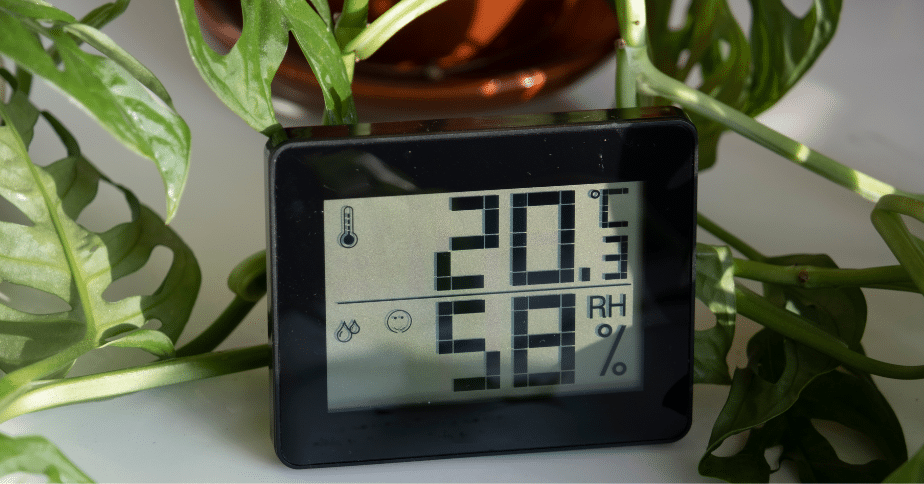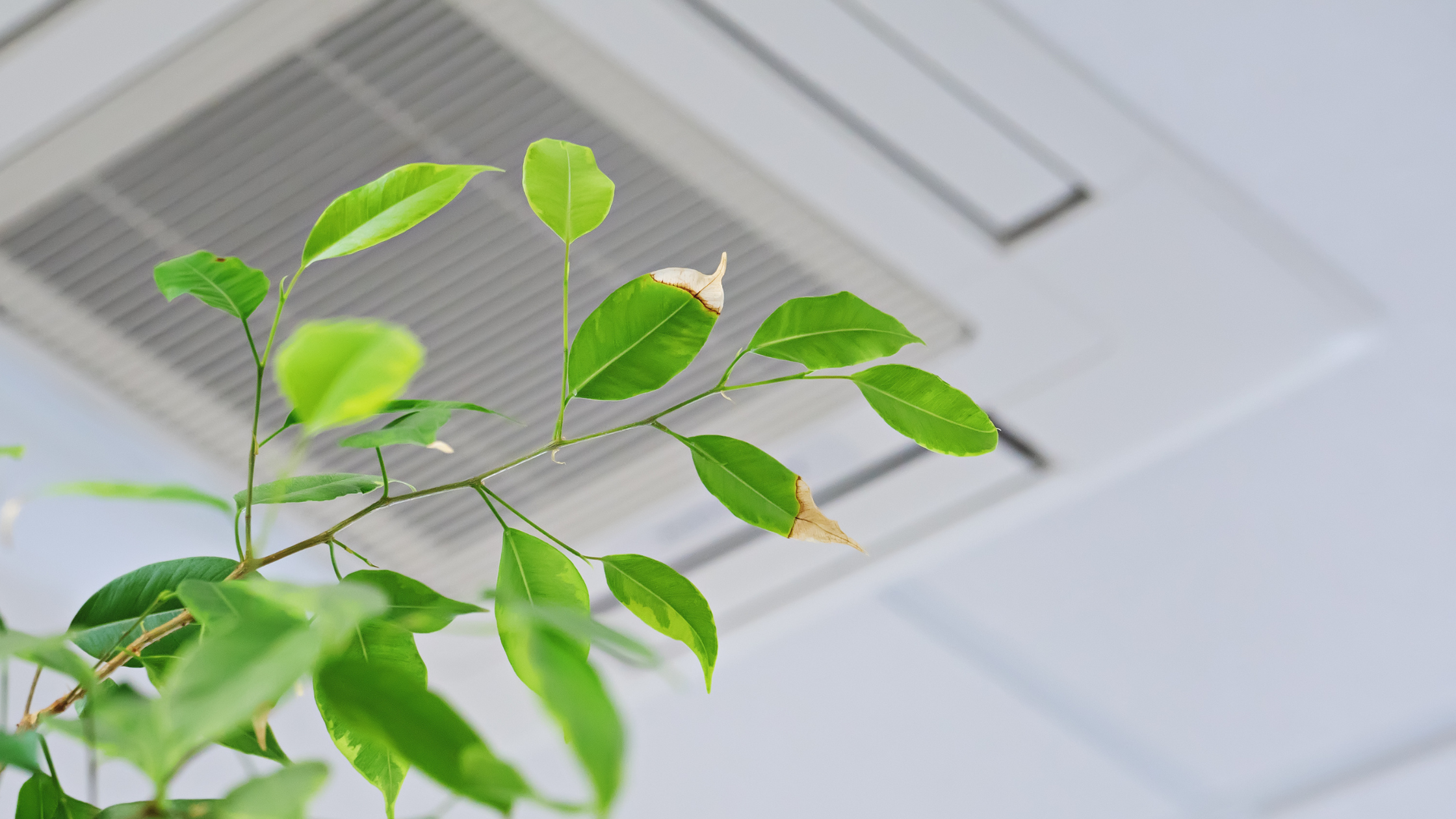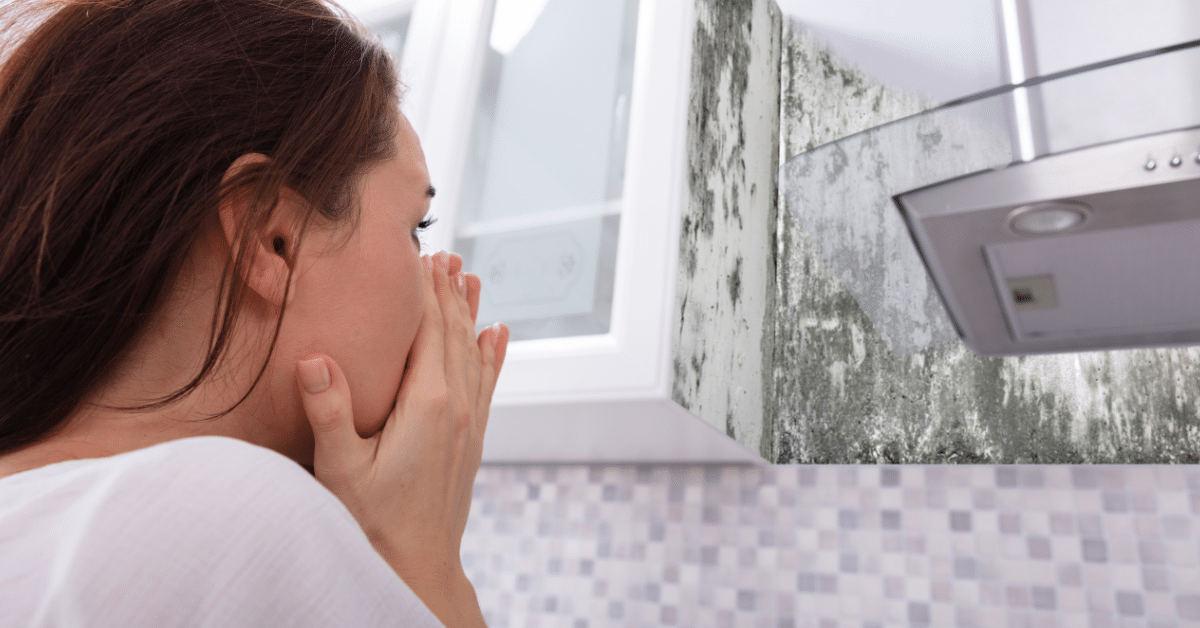Ways to Prevent Indoor Allergens

When people think of allergens, they often think of allergic reactions to substances such as pollen, animals and dust. Allergens sometimes get confused with allergies, but the difference between the two, lie within the definitions. Allergens are substances that cause an allergic reaction. Allergies are the damaging immune system response by the body to a substance. Allergens come in many different forms including those previously listed and more. Since people spend more than 90% of their time indoors, indoor allergens are the main cause of allergies year round. Outdoor allergies happen as the seasons change and as the outdoor allergen levels fluctuate.
household allergens
Indoor allergy triggers not only include common household allergens such as dust, pollen and animal dander, but also include a small list of unexpected substances. Cockroaches, fabrics, new furniture, and glue are among the many unexpected household allergens. Paint can also trigger allergy-like reactions in people, especially if they are living in a home that was newly painted or with paint that has high volatile organic compounds (VOC’s) and dangerous chemicals.
Did You Know?
Facts according to WebMD about allergens.
- Number of people in the U.S. who have either allergy or asthma symptoms : 1 in 5
- Rank of allergies among other leading chronic diseases in the U.S. : 5th
- Degree by which levels of indoor pollution in U.S. homes exceed levels of outdoor pollution: 2 to 100 times, depending on factors such as whether the residents smoke
- 7.7% of people in the U.S. have asthma
- Increase in the prevalence of asthma in U.S. children under age 5 between 1980 and 1994: 160%
- Number of deaths each year in the U.S. from asthma: about 4,000
how do allergens form
A few factors that play a role in allergen formation:
Humidity: Humidity plays a significant role in whether or not fungi will grow in your home. Fungi, or mold, is a major cause of indoor allergy symptoms and the more you regulate your home’s humidity levels, the least likely mold is to form. Mold can be very dangerous to your health especially for those who are clinically allergic. Recommended humidity levels should fall between 30% – 50%. Condensation and fogging are both signs of high humidity levels and cracking paint; doors or trim are signs of low humidity levels.
Ventilation: It is extremely important to allow your home to have proper ventilation during every season. Opening doors and windows creates proper air flow throughout your home which prevents moisture buildup and stagnant air. Cleaning under rugs and moving furniture that is pressed against walls is also a way to ensure moisture will not accumulate.
Leaks: Check your home for leaks. A common area where leaks can be found is your roof and windows. If you find a leak, put a stop to it as soon as possible because the smallest leak can cause deterioration and significant damage to your home.
reduce indoor allergens
There are many ways to reduce indoor allergens with only just a few simple and easy everyday adjustments.
HEPA: Use products with HEPA filters. High-efficiency particulate air filters (HEPA) are very beneficial to those who are concerned with allergens. There are many different products that contain HEPA filters, but they all aide in the same ways. HEPA filters cleans the air of all the microbial airborne particulates and when vacuuming, ensure that dust and dander do not return into the atmosphere. HEPA filters are also available for central air conditioners which create better indoor air quality overall.
Exhaust Fans: Use exhaust fans in every room where one is provided. This will help with air flow and to remove access moisture from the air.
Carpeting: Carpeting should only be used in rooms where there is not a lot of moisture present. For example, bathrooms, laundry rooms, and kitchens should not have carpet due to the presence of water flow from sinks and pipes. A minor leak onto carpet may seem like a small issue, but once moisture comes in contact with materials, mold can form. Remember, it is more difficult to reverse damage than it is to prevent it.
Storage: Always be mindful of how you are storing your seasonal materials. Blankets and clothes should be stored in air tight plastic containers or bags and placed in areas that are not susceptible to high moisture levels. A common issue is when people store their winter materials in their basements during the summer when humidity levels are very high without protective containment. When it comes time to unpack everything, mold has had significant time to form and people are left with musty and moldy belongings.
outdoor allergens
Outdoor allergens are more difficult to control, but you can help prevent access formations outside your home. To help reduce the effects of outdoor allergens, you must take care of your lawn frequently. Regularly raking and mowing can help reduce the buildup of allergens outside your home. Raking prevents mold growth within leaves and mowing helps reduce the production of pollen. The safest way to prevent buildup is to keep your grass short. Always wear protective gear including gloves, sunglasses, a hat, and long clothes. This will prevent pollen from sticking to you and tracking it into your home. Do yard work either in the morning or evening when pollen counts are the lowest. If you have a severe allergy to outdoor allergens, asking someone to help you with yard work or hiring a company to take over the responsibility will help your allergies greatly.
call a professional
AQA is dedicated to serving homeowners by taking the correct steps to solve air quality issues. We provide Moisture Evaluations, Leak Detection, Mold And Allergy Testing, VOC Testing, And More. With our Services, you will be able to a clear picture of the issue at hand and we will make sure you understand all the steps you need to take to remedy the situation. With our years of experience making air quality the best it can be, you can trust in our expertise. If you have questions or would like to schedule an Air Quality Assessment, call us today.



